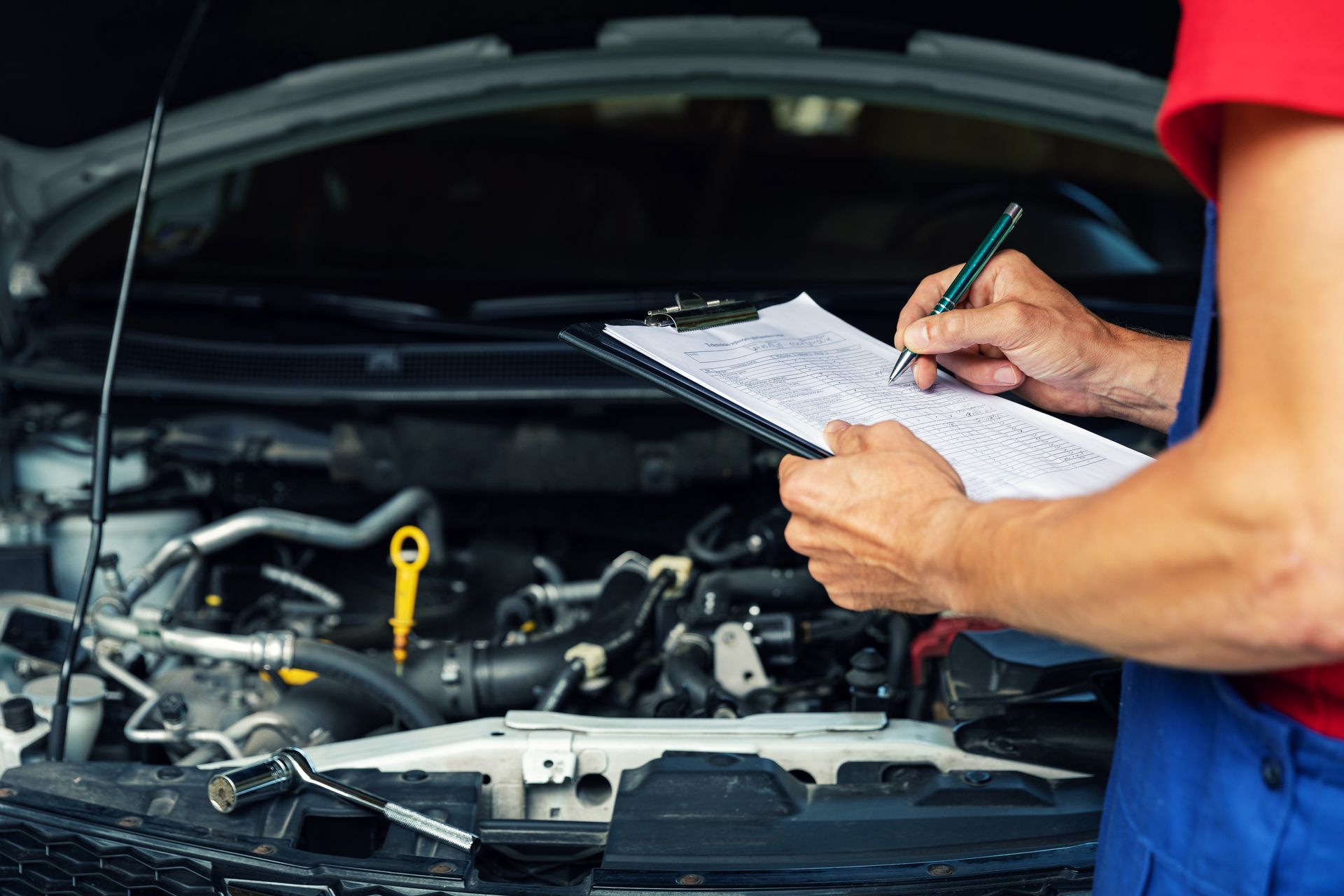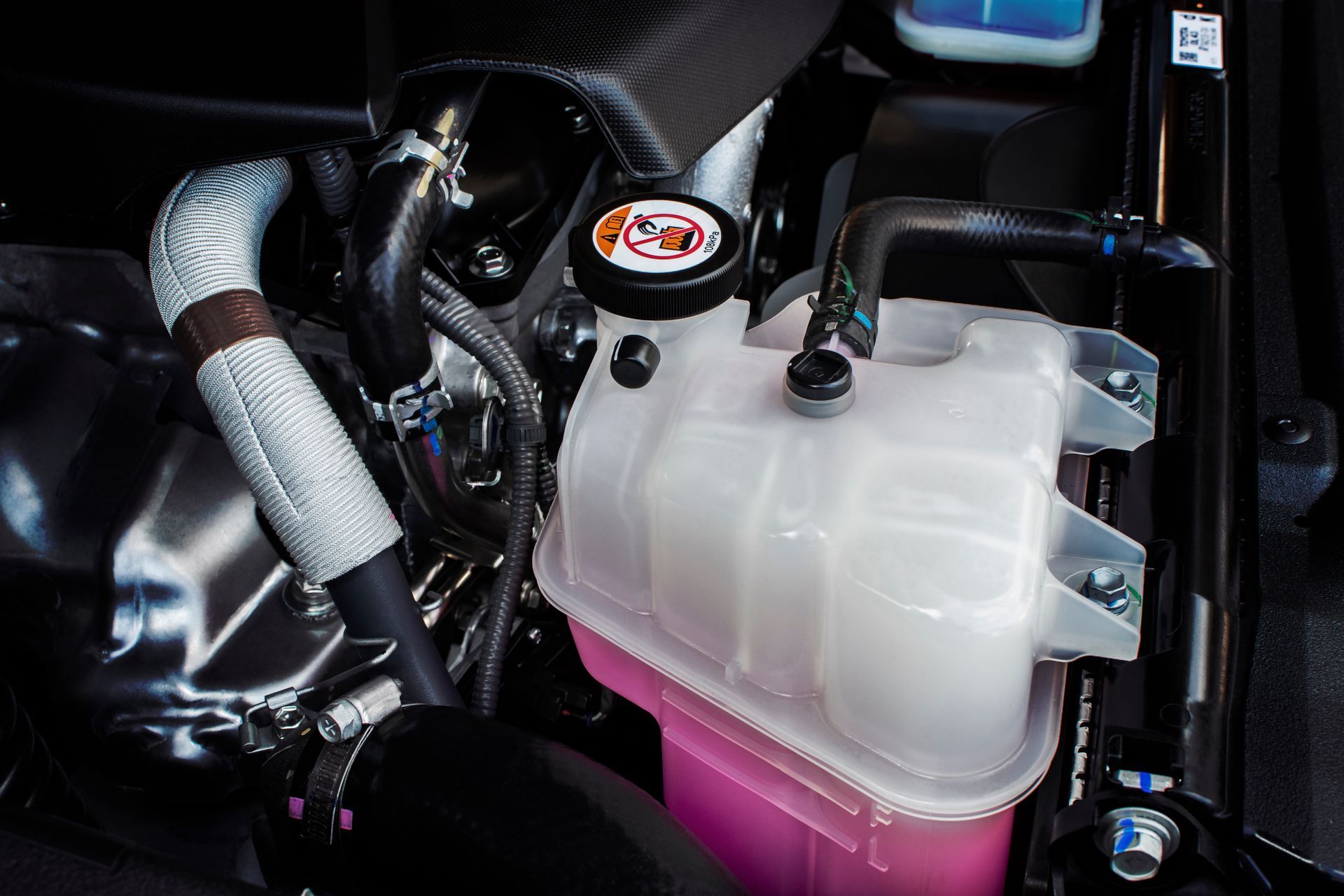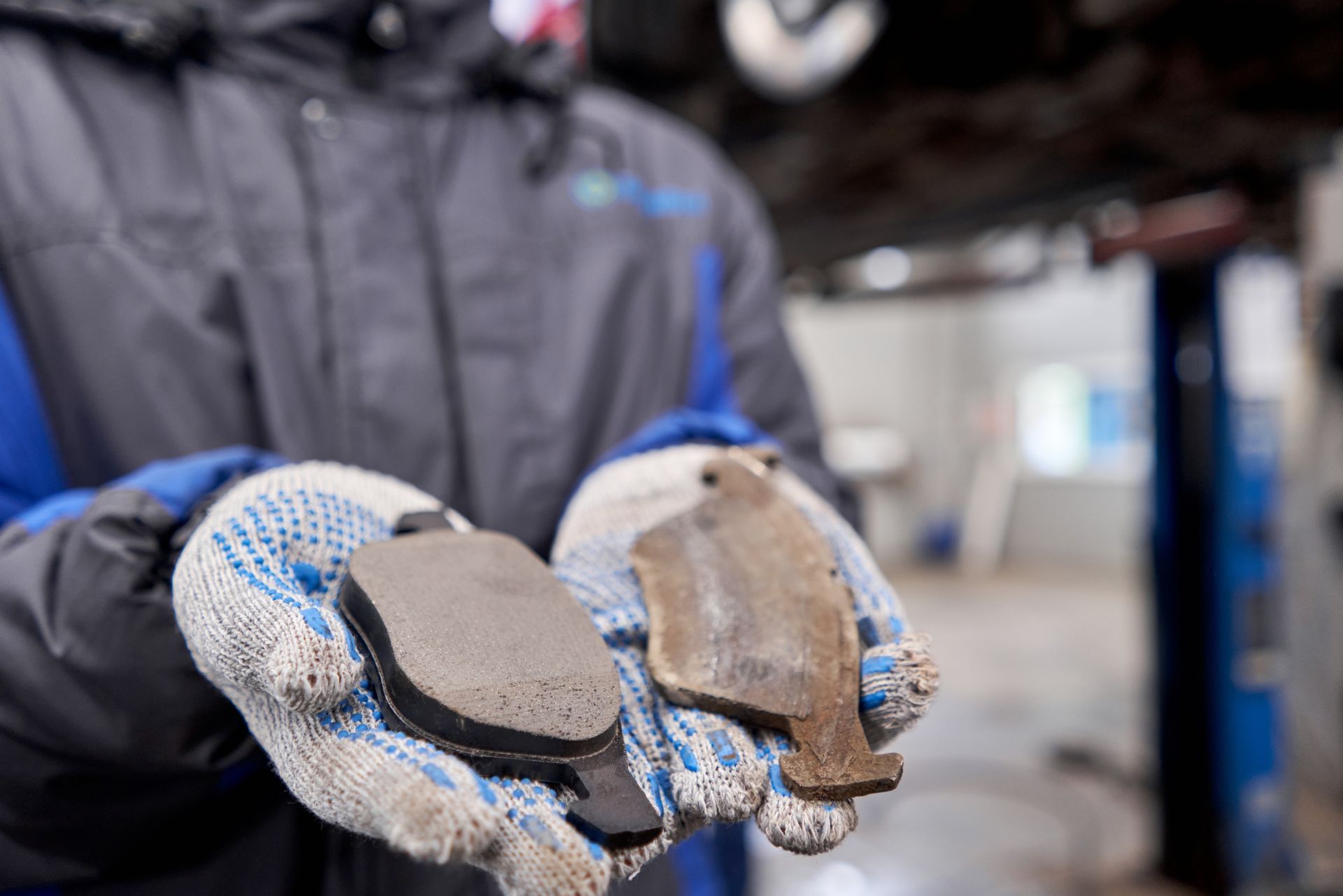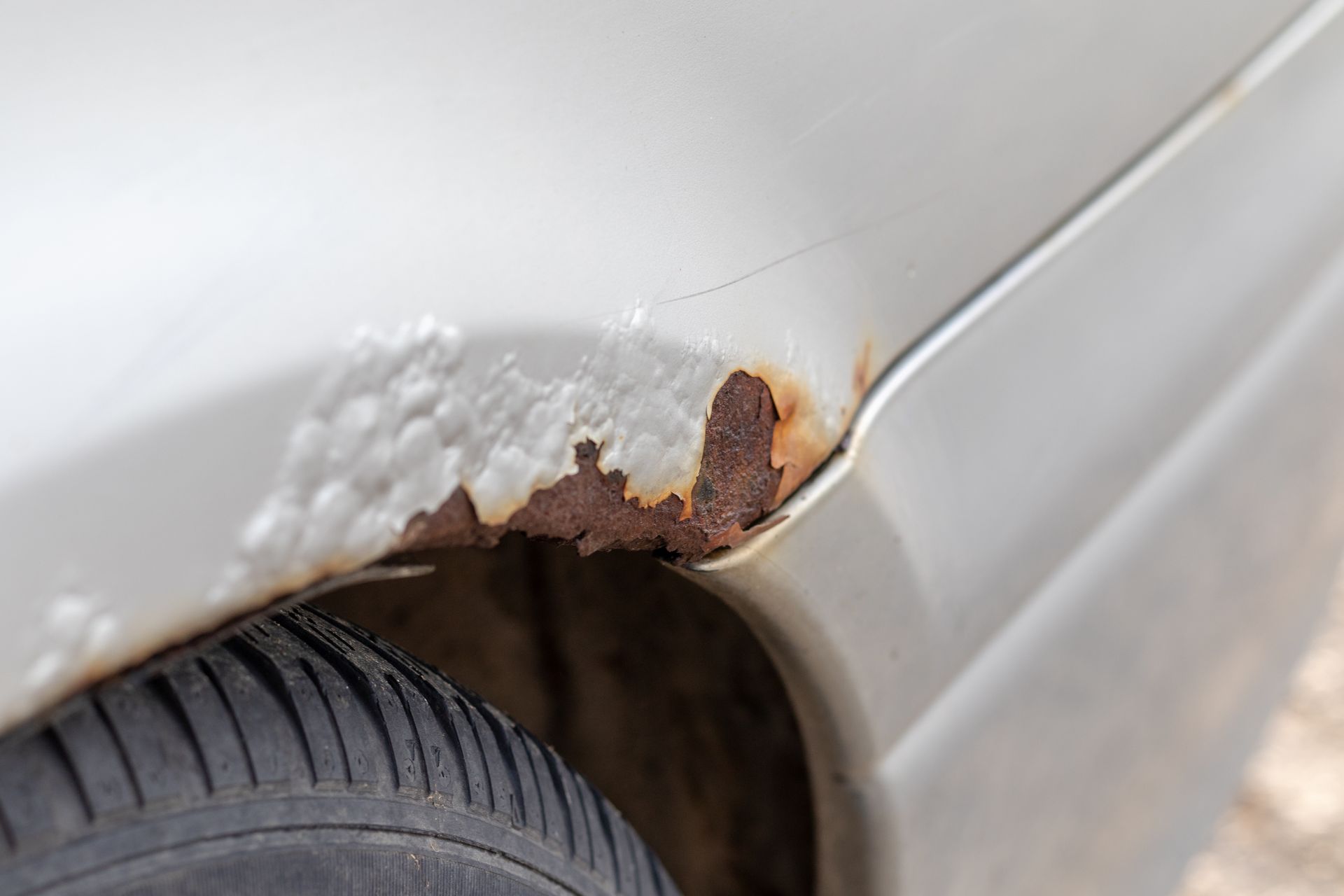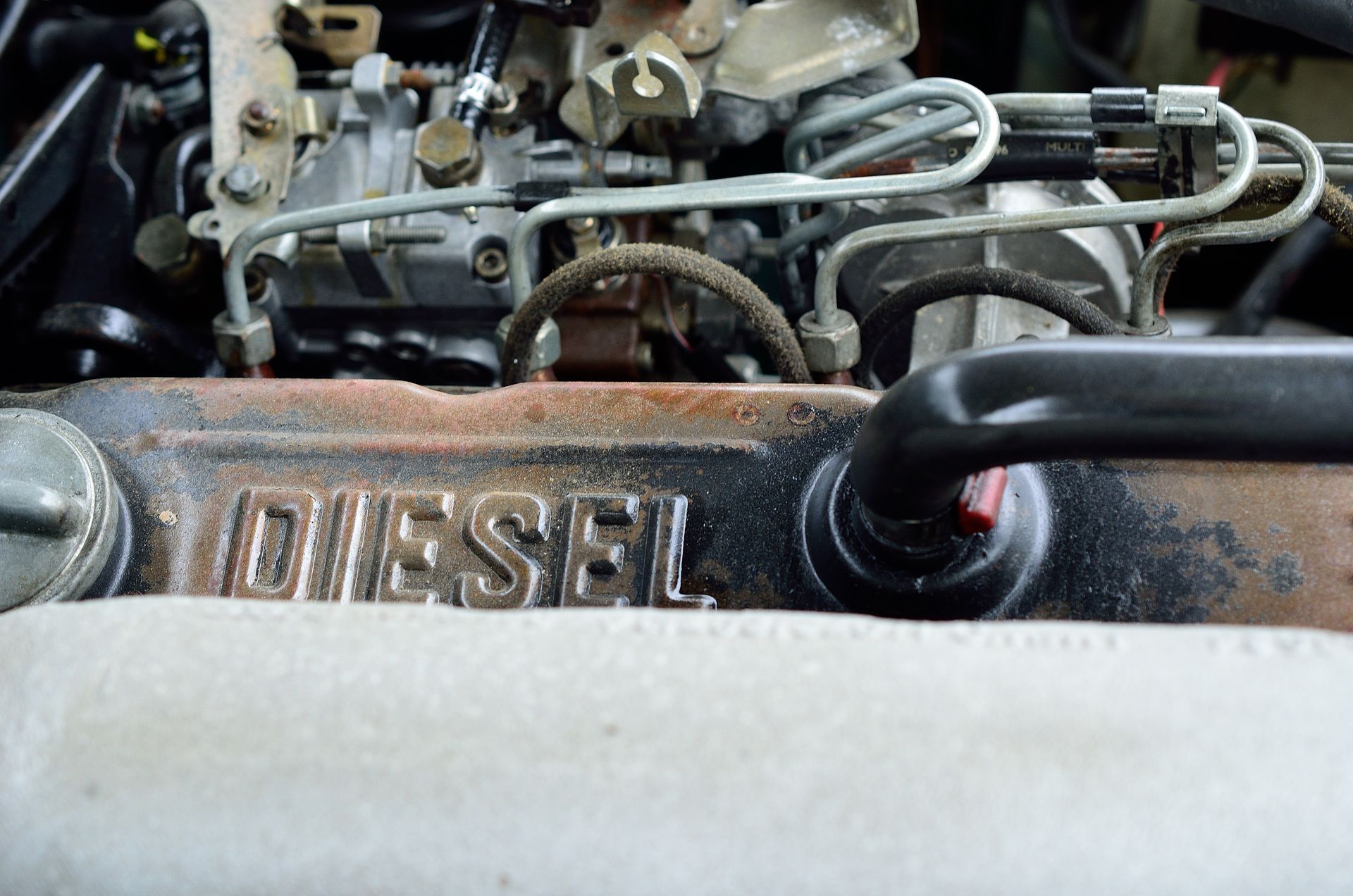When it comes to your car's electrical system, the alternator is like its beating heart. It's responsible for generating power and replenishing the battery while the car is in use. Without the alternator, your vehicle wouldn't be able to function properly and here is why.
Defining the Alternator
At its core, an alternator is a vital component of your car's electrical system responsible for generating electricity while the engine is running.
Unlike a battery, which stores electrical energy, the alternator produces it through the conversion of mechanical energy from the engine's rotation. This electrical power is then used to charge the battery, power the vehicle's electrical accessories, and keep the engine running smoothly.
How Does an Alternator Work?
To understand the importance of an alternator, it's essential to grasp how it functions. Inside the alternator, a rotor spins within a magnetic field, creating alternating current (AC) electricity. This AC electricity is then converted into direct current (DC) electricity by a series of diodes within the alternator. The resulting DC power is used to charge the battery and supply electricity to the vehicle's electrical system, including the lights, ignition system, and other accessories.
Importance of the Alternator
Without a functioning alternator, your car's electrical system would quickly fail, leaving you stranded on the side of the road. The alternator plays a critical role in powering essential components such as the ignition system, fuel injection system, and electronic control modules. It also ensures a consistent supply of electricity to keep the battery charged, allowing for reliable engine starts and operation, even in challenging conditions.
Signs of Alternator Problems
Despite their importance, alternators are prone to wear and tear over time, leading to potential malfunctions. Recognizing the signs of alternator problems is crucial for addressing issues before they escalate into costly repairs or breakdowns. Common signs of alternator issues include:
- Dimming headlights.
- A dead or weak battery.
- Strange noises from the alternator.
- Warning lights on the dashboard.
If you experience any of these symptoms, it's essential to have your alternator inspected and repaired by a qualified mechanic promptly.
Maintenance Tips
While alternators are built to last, proper maintenance can help extend their lifespan and prevent premature failure. Regularly inspecting the alternator and its components for signs of wear, such as loose belts or corroded terminals, can help identify potential issues early on.
Additionally, keeping the electrical system clean and free of debris, ensuring proper battery maintenance, and avoiding excessive electrical loads can all contribute to the longevity of your alternator.
Questions You Might Have
How long does an alternator typically last?
An alternator's lifespan varies based on driving habits, environment, and maintenance. On average, it lasts 80,000 to 150,000 miles.
Can I drive with a bad alternator?
Driving with a bad alternator is not recommended. It can lead to a dead battery, loss of power, and breakdown. Seek professional repair promptly.
How much does it cost to replace an alternator?
Replacement costs vary by vehicle, labor, and new vs. remanufactured parts. On average, expect $300 to $800 for alternator replacement.
For expert alternator repairs and maintenance, contact Auto ER! We are more than happy to make your car perform at its best.



